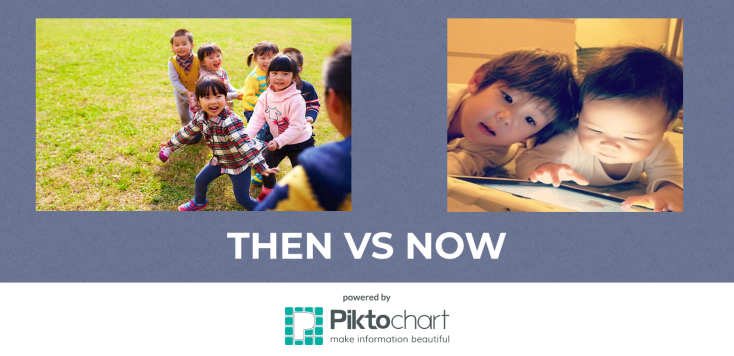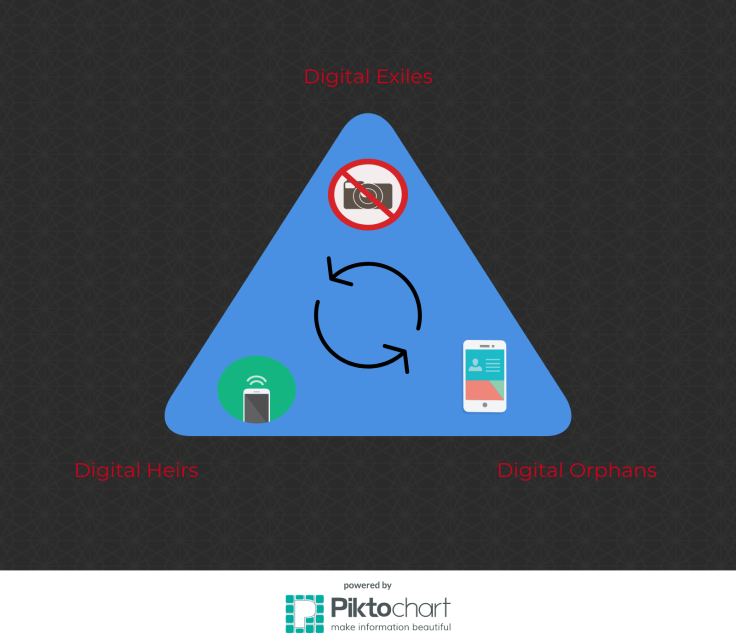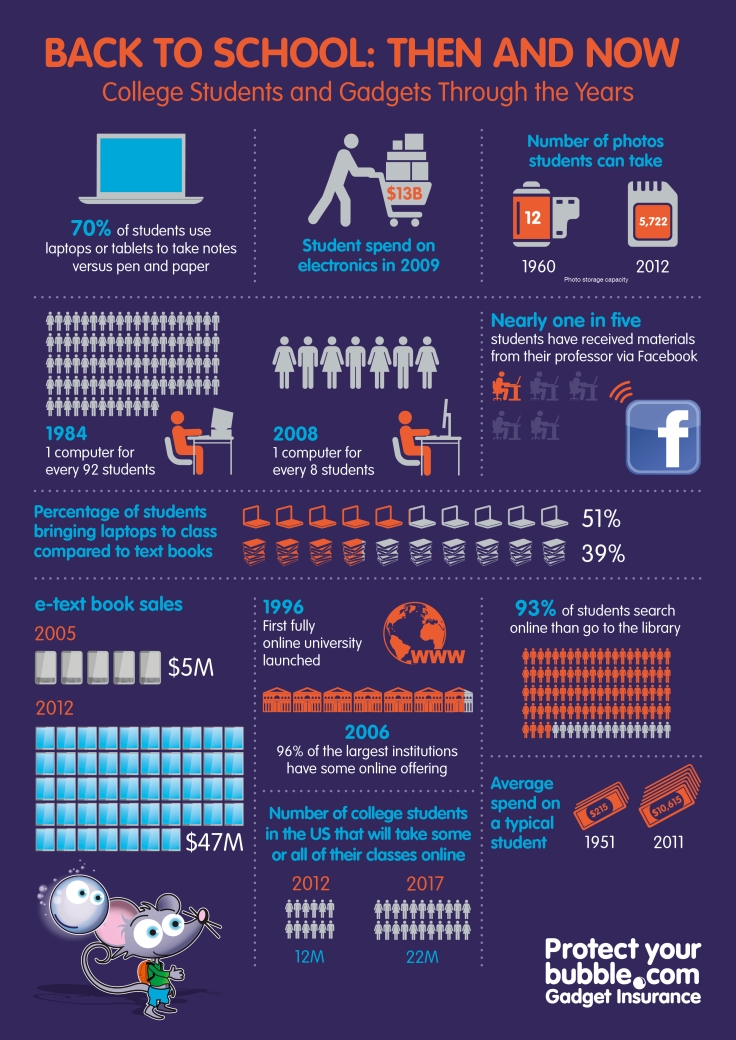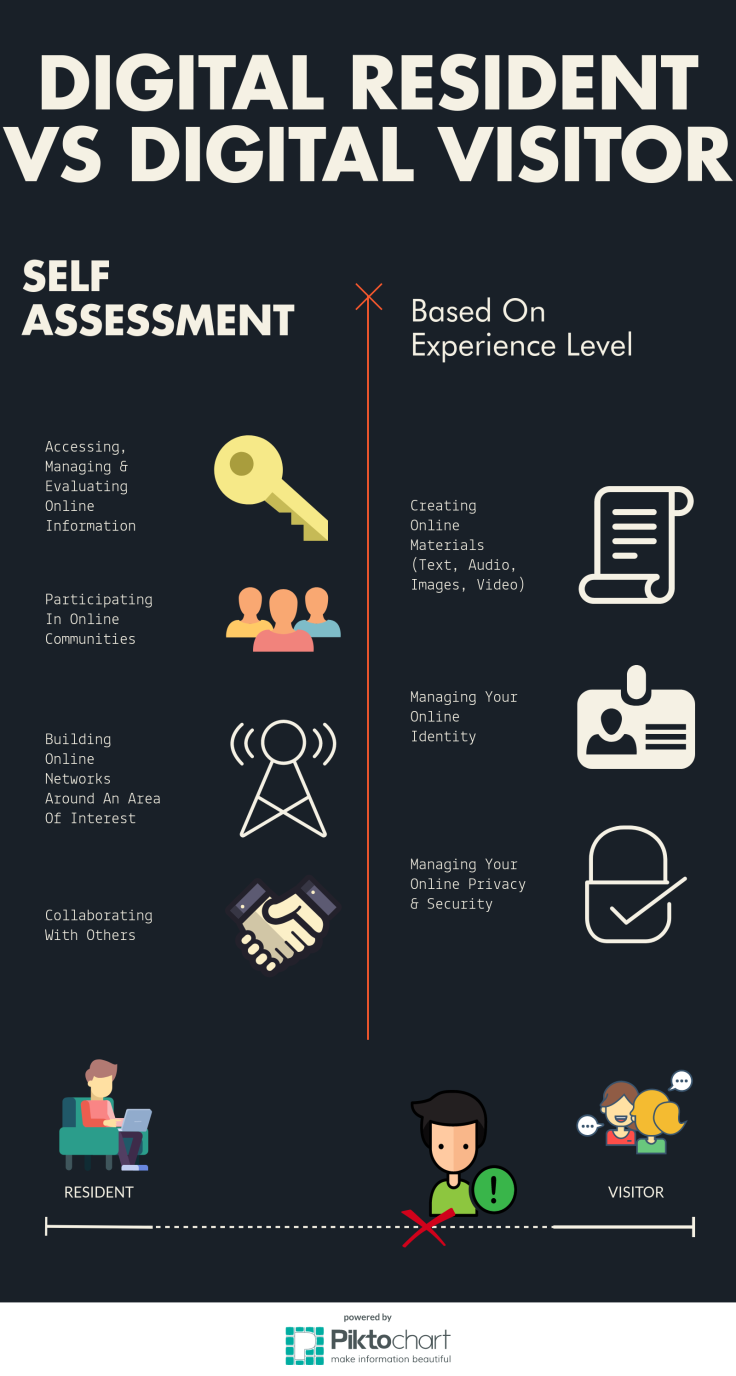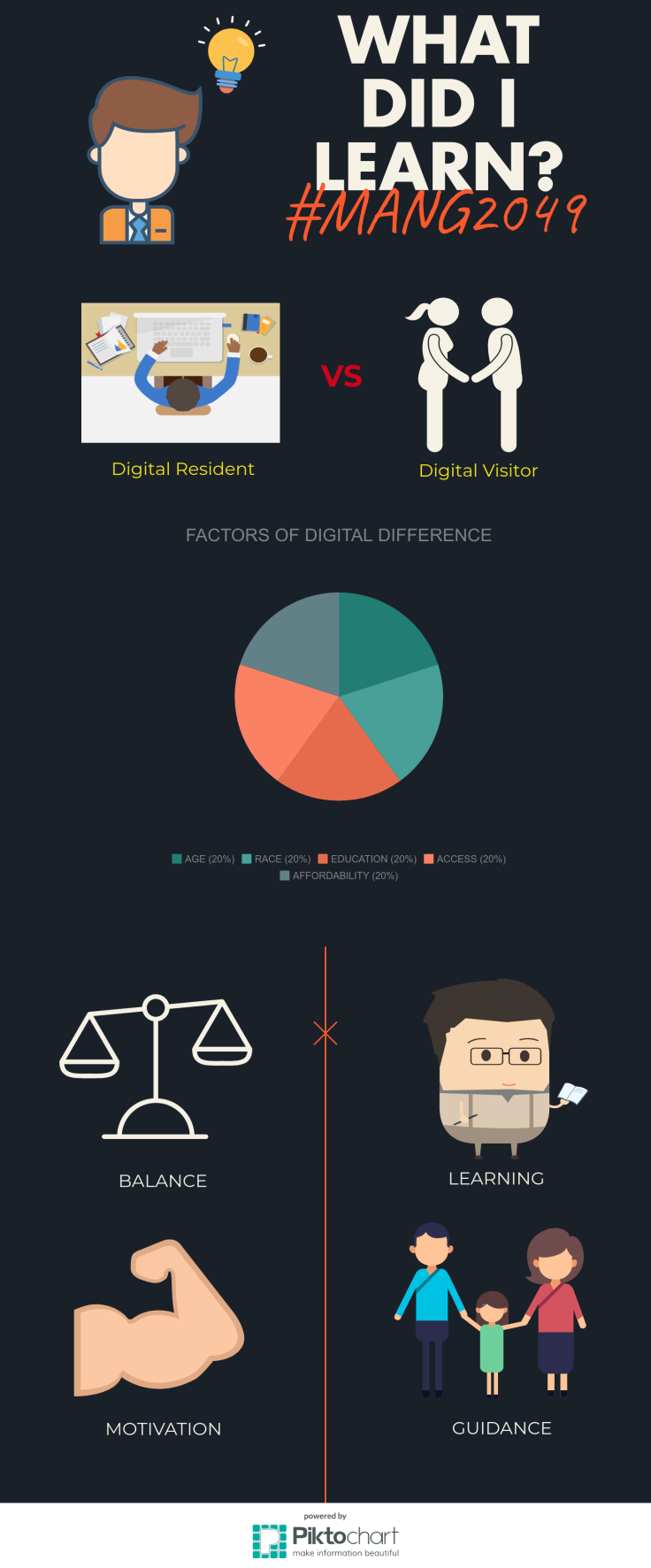 Source: Self-produced Via Piktochart
Source: Self-produced Via Piktochart
#MANG2049 have changed my views about the Web. Reading through my friends’ blog, each and every one of them has different viewpoints. All of them are right and there is no correct answer in this sense. Digital difference is something that we cannot avoid. Everyone is brought up differently and have their own set of perspective.
There are 4 main takeaways from Topic 1 which are as following:
Balance – We have to strive for balance when dealing with the digital world. There are cases of addiction and health issues derive. People get lost in the virtual world and neglect their health. Therefore, a balance is needed when using the Web.
Learning – The internet is a useful tool for learning. It enhances learning by providing more information and visual aids. As quoted from Rebecca – “Allowing me to learn online at my own pace as well as practice independent learning by figuring out ways to aid my learning through the Web.”
Motivation – One of the most important factors that affect learning whether using or not using technology. As quoted from Amoz – “It is possible that self-will can seek to surpass that, depending on an individual will.”
Guidance – Living in a country where internet is easily accessible, guidance is needed for our younger generations to learn how to be online responsible as well as learn how to use technology effectively.
In conclusion, the internet is a powerful tool for learning. As quoted from Shih Ying – “Studies have shown that by using technology-enabled learning, it allows learners to tap on resources and expertise anywhere around the world. (US, Department of Education, 2017)” But we can only learn so much based on the level of motivation. Hence, we need guidance and achieve a balance when using the Web.
(300 Words)
Comments:
https://tshihying.wordpress.com/2017/11/10/digital-difference/#comment-2


